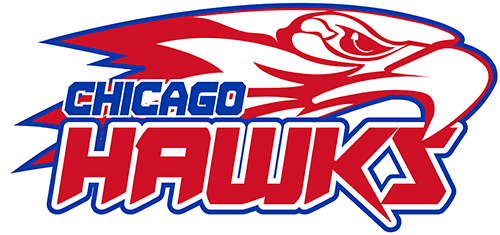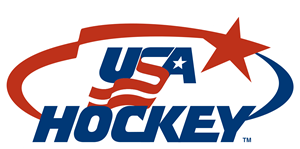Safety/Concussion
Starting in the 2025-2026 season, all baseline testing will be conducted online for all players. This testing will be done through IMPACT and will be very similar to previous years. After players are assigned to rosters, parents will be provided with a link to complete the IMPACT test for their players at home. Each link will be unique to each team. If you have multiple players on different teams, you will need to use the unique code for the player on the corresponding team. Once completed, you will be provided a code that can be later used by healthcare providers to compare baseline to post concussion testing as long as that healthcare provider is IMPACT certified Once provided with the link following team placements, players will have 1 week to complete the baseline test.
CHHC will align its policy for the 2025/2026 season to USA Hockey and AHAI’s policy which requires the following:
Mandatory for All Players:
In the event that a player has been removed from play by a coach for a suspected concussion, impact, or for exhibiting signs and symptoms of a concussion, the following steps must be followed.
- Remove immediately from play (training, practice, or game)
- Inform the player’s coach/parents or guardians.
- Refer the athlete to a qualified health-care professional (as defined in state statute)
- Initial treatment requires a short period of rest, but the athlete may participate in light exercise (if their symptoms are not made worse).
- Begin a graded return-to-sport and return-to-learn
- Provide written medical clearance for return to play using the designated USA Hockey Return to Play form (attached).
All coaches must sign and acknowledge the USA Hockey Return to Play Form. This form must also be signed by the qualified healthcare provider and the parents. A copy of this form should be then forwarded to Coordinator of Hockey Operations and the Vice President via email.
RETURN TO PLAY
Any player, who in the opinion of a coach, athletic trainer, or physician exhibits any signs, symptoms, or behavior consistent with a concussion (such as loss of consciousness, headache, dizziness, confusion, or balance problems) shall be immediately removed from play and practice.
The player may not return to play and/or practice until they are cleared to return to by a health care professional who is a board certified Primary Care Sports Medicine Physician.
Such clearance must be in writing and signed by the physician via the Chicago Hawks Hockey Club / USA Hockey Return to Play (RTP) Form.
Questions: Please contact Steve Poapst, Hockey Director at spoapst@chicagohawks.com
Questions: Contact Pat Tagler, Vice President at vicepresident@chicagohawks.com
USA HOCKEY CONCUSSION INFORMATION
All sports and free play are associated with risk for a concussion, including playing, officiating or participating in ice hockey. It is important that all participants and parents learn about concussion prevention, recognition, treatment and return to play.
A concussion is a type of traumatic brain injury-or TBI- caused by a bump or blow to the head or by a hit to the body that causes the head and brain to move quickly back and forth. Bouncing or twisting of the brain in the skull can cause chemical changes and sometimes stretching of the brain cells. A concussion disrupts the way the brain normally works. Most concussions are mild, but all concussions should be taken seriously because permanent brain damage and death can occur from another injury.
A concussion may be difficult to recognize. A player does not have to be "knocked-out" to have a concussion- less than 10% of players actually lose consciousness. Signs and symptoms may show up right after the injury or can take hours or days to fully appear. If a person reports one or more symptoms or demonstrates any signs of concussion after a blow to the head or body, s/he should be kept out of practice, play or training immediately and referred to a healthcare professional with experience in concussion management.
A concussed brain needs time to heal and the person is much more likely to have another concussion if they return to soon. Repeat concussions are usually more severe and take longer to heal. Return to play is allowed only after the individual is without symptoms, has progressed through the concussion protocol and is cleared by the health care professional.
USA Hockey provides all participants with information and educational materials about concussions, including the risk of sustaining a concussion, how to minimize these risks, concussion signs and symptoms, and USA Hockey's program for returning to play following a concussion.USA Hockey's Concussion Management Program can be found on the USA Hockey website at: http://www.usahockey.com/safety-concussions.
Oops!
You have unsaved elements
Please save or cancel the pending changes to the elements within your page and then try saving again.





